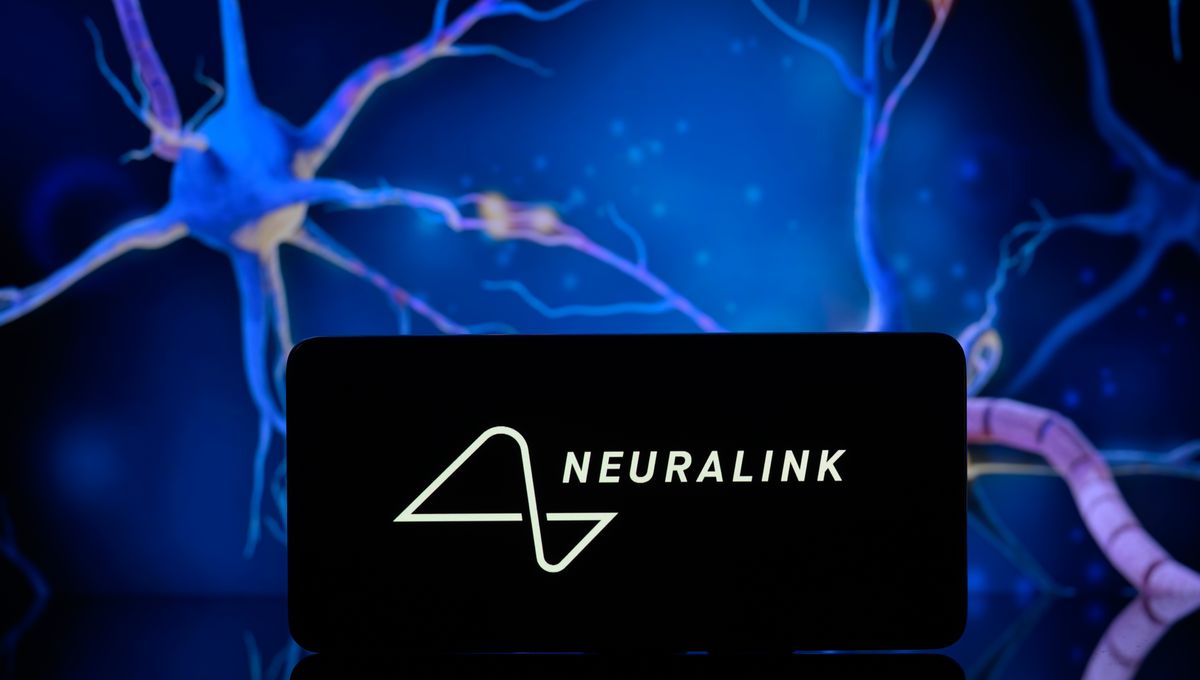
The first human recipient of Neuralink’s controversial brain implant has reportedly reached a new milestone, successfully operating a computer mouse cursor using only their thoughts.
According to Reuters, Neuralink founder Elon Musk gave an update on the trial subject’s progress on February 19 via Spaces, a service that facilitates audio conversations through social media platform X (formerly Twitter), purchased by Musk in 2022.
“Progress is good, and the patient seems to have made a full recovery, with neural effects that we are aware of. Patient is able to move a mouse around the screen by just thinking,” Musk reportedly said.
The update comes less than a month after it was announced that the first human had received a Neuralink implant.
Through its Precise Robotically IMplanted Brain-Computer InterfacE (PRIME) study, Neuralink aims to trial an implantable, wireless brain-computer interface (BCI) that seeks to allow users with paralysis to control devices with their thoughts alone.
BCIs themselves are not a new idea. Notably, startup Synchron pipped Neuralink to the post back in 2021 when it secured Food and Drug Administration (FDA) approval to trial a similar device that gets around the tricky matter of complex brain surgery by being inserted into a blood vessel instead, in a minimally invasive procedure.
After its initial application was rejected by the agency, Neuralink obtained FDA approval for the PRIME study in May 2023; although, as Nature reports, the trial does not appear to be registered in the National Institutes of Health’s online repository, which is often a requirement imposed by medical journals before trial results can be published.
While other BCI approaches do exist, Neuralink’s stands out in being the first wireless model to record inputs from individual neurons, something many experts agree is required to achieve more sophisticated functions. By removing the need for the implant to be wired up to an external computer, you remove a potential source of infection and allow users to go about their daily activities without having to be tethered to a device.
Should these trials prove successful – and, with only one implanted chip so far confirmed, we’re still at the very early stages of this process – it would have the potential to revolutionize the lives of patients with paralysis, helping them to communicate more easily and to achieve more independence.
But there’s no getting around the fact that Neuralink’s research has been shrouded in skepticism and controversy. The Physicians Committee for Responsible Medicine (PCRM) brought a lawsuit against the company, during which it was claimed that photographs held at the University of California Davis revealed that early animal experiments with brain implants caused unnecessary suffering. Reuters later reported that a federal investigation into potential animal welfare violations had been launched.
The PCRM later made allegations that potentially hazardous material from Neuralink’s monkey experiments had been shipped in an unsafe manner, claims that led to a second federal investigation.
Today, in light of the progress that is seemingly being made in the human trial, other scientists in the field, as well as groups representing patients who might benefit from this technology, have expressed frustration about a perceived lack of transparency.
As University of Oxford neuroengineer Tim Denison told Nature, without the trial even being registered in the public repository, there’s not a lot to go on. “My assumption would be that the FDA and Neuralink are following the playbook to a certain extent,” Denison said. “But we don’t have the protocol. So we don’t know that.”
Source Link: First Human Neuralink Brain Chip Recipient Controls Computer Mouse By Thinking, Musk Claims